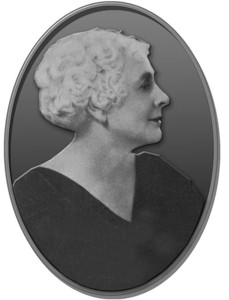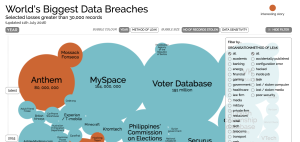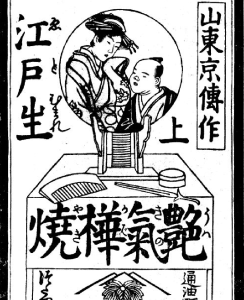I recently came across the obituary in the Globe and Mail for Kelly Gotlieb was the father of Canadian computing who passed away on October 16th.
Kelly was in many ways the founder of computing in Canada as he ran the University of Toronto Computation Centre that intsalled the first computers in Canada. The obituary isn’t entirely correct as they mention FERUT as the first computer when it was actually the second computer, the first being the test UTEC Jr. which is mentioned in a Globe and Mail story titled “Junior Electronic Brain Cost $100,000” (Len Schrag, Dec. 13, 1951, p. 4) that dates from 1951.
The obituary also mentions how Kelly Gotlieb mentored Beatrice Worsley. She was one of two hired to go to the UK and figure out how to run the first computers they were installing. She got a PhD. from Cambridge with a dissertation on “Serial Programming for Real and Idealized Digital Calculating Machines” that Campbell (2003) argues was the first dissertation involving modern computers.
When we did a survey of Globe and Mail articles on computing from the early years in Canada we saw a broad curiosity about what computation could do. (Some of this has been reported in Before the Beginning.) We see the Computation Centre working with Music profs in 1957 in a Globe article “Strange Music Made By an Electronic Brain.” We see an article in 1961 that mentions concording and a new IBM coming. In 1964 there is a story about a project McLuhan was involved in to investigate the impacts of technology on culture and vice versa. I suspect Gotlieb was instrumental in promoting these and many other experiments in applying computing to different challenges across disciplines. By all accounts he was generous and a great promoter of computing. As the obituary says,
Dr. Gotlieb was a visionary, not only in the technical issues of machine computation, but also in their potential social implications. In the 1960s, he was chosen by U Thant, Secretary-General of the United Nations, to be one of six world experts advising on how computer technology might assist international development. Years later, he served on Canada’s first federal task force on privacy.
Campbell, S. M. (October-December, 2003). “Beatrice Helen Worsley: Canada’s Female Computer Pioneer.” IEEE Annals of the History of Computing: 51-62.



